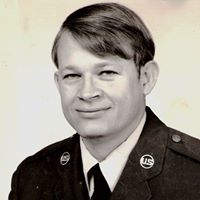The American term hobo originated during which decade?
A hobo is a migrant worker or homeless person, especially one who is impoverished. The term originated in the Western-probably Northwestern-United States around 1890. Unlike terms such as tramp (only works when forced to) or bum (doesn’t work at all), a hobo is a traveling worker. The etymology of the word is of unknown origin.
It is unclear exactly when hobos first appeared on the American railroad scene. With the end of the American Civil War in the 1860s, many discharged veterans returning home began hopping freight trains. Others looking for work on the American frontier followed the railways west aboard freight trains in the late 19th century. The number of hobos greatly increased during the Great Depression era of the 1930s. With no work and no prospects at home, many decided to travel for free by freight train and try their luck elsewhere.
Hobos adopted a distinctive lingo including terms such as ‘Angelina’ referring to a young inexperienced child; ‘big house’ meant a prison, a term still used today; ‘bone polisher’ meant a mean dog and ‘bullets’ referred to beans.
Famous individuals who hoboed include Jack Dempsey (1895-1983), a world heavyweight Boxing champion from 1919 to 1926. Woody Guthrie (1912-1967) was an American singer-songwriter, a significant figure in western folk music. T- Bone Slim (1880-1942) was an American humorist, poet, songwriter, and labor activist who played a prominent role in the Industrial Workers of the World, known as Wobblies.
More Info:
en.m.wikipedia.org

